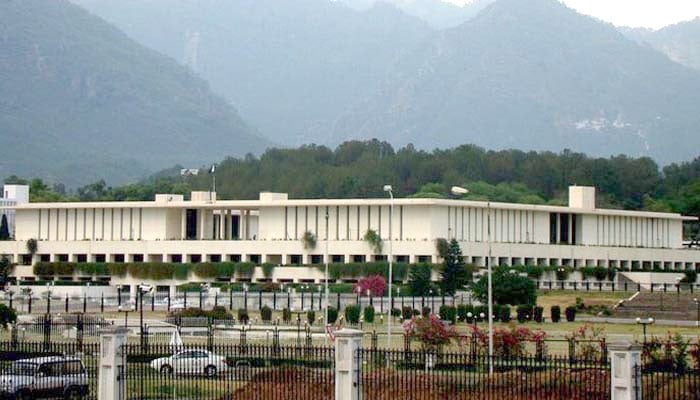PESHAWAR – With fanfare and federal cabinet approval, Pakistan has rolled out its first-ever Green Building Code — a promising blueprint aimed at reshaping the nation’s construction practices to align with global sustainability goals.
Under the new code, all buildings higher than four storeys must now feature green rooftops, while rainwater harvesting systems will become mandatory. Energy-efficient designs — including solar-oriented construction and renewable integration — are no longer optional, they’re policy.
The Ministry of Science and Technology hailed the move as a leap toward the United Nations Sustainable Development Goals, branding it a necessary and forward-thinking shift for a country increasingly threatened by climate change.
Also Read: Khyber Pakhtunkhwa Takes Action to Protect Endangered birds in KP
But policy in Pakistan often dies at the altar of implementation.
For decades, the country has announced environmental reforms with applause-worthy intent, only to see them fizzle out in bureaucratic inertia or political indifference. Without clear accountability or enforcement mechanisms, even the best decisions risk becoming mere press releases.
Worse still, the government’s actions sometimes contradict its own green ambitions. While officials tout clean energy, citizens who invest in solar power and attempt to feed electricity back into the grid are often met with resistance, red tape — or outright hostility — from WAPDA and the Ministry of Energy. This hostility discourages individual solar adoption, undermining the very foundation of sustainable living.
Also Read: Climate Chaos: How Pakistan Stands on The Frontlines of Monsoon Emergency
Green buildings cannot stand on paper alone. Real change requires urban planning to be reimagined. In new housing schemes with broad roads and spacious lanes, city planners must mandate the creation of green belts. Where small front yards still exist, homeowners should be discouraged from converting them into cemented, multi-gated mini-complexes.
At the same time, those who preserve greenery — by planting trees or maintaining small gardens — should be publicly recognised and incentivised. Rooftop kitchen gardening, if actively promoted, could transform barren concrete slabs into patches of biodiversity. Competitions, rewards, and accessible supplies like seeds and compost can spark this culture shift. Training programs and community campaigns would bring even more citizens into the fold.
Also Read: Flooded Lands, Struggling Farmers: Charsadda’s Agricultural Challenge
The Green Building Code is a start — a hopeful beginning. But unless the government walks its talk, builds incentives instead of obstacles, and mobilises its people through grassroots campaigns, the dream of an eco-friendly, livable Pakistan may once again remain locked in official files.












